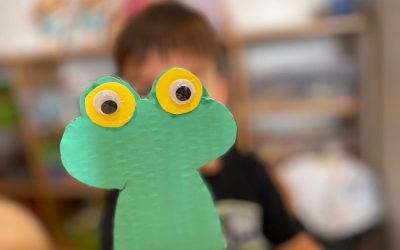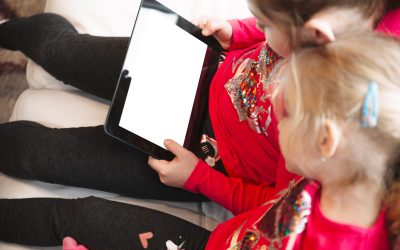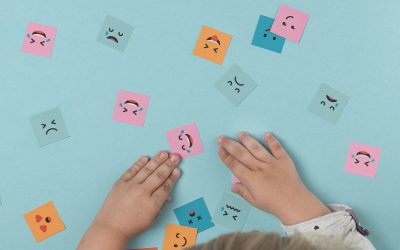Social skills not only support children’s individual development but also help them adapt more easily to society. Through friendships, children learn to share, cooperate, and regulate their emotions. Therefore, friendships formed in childhood are not merely about playing together — they also serve as a preparatory process for social life.
How Do We Make Friends?
For adults, the process of making friends often develops around shared interests, hobbies, or common experiences. Working together, being part of the same social circles, or having similar views on life are some of the core elements that bring adults closer. Adults expect mutual satisfaction and compatibility to sustain a relationship. Thus, adult friendships are typically built on mutually enjoyable and fulfilling connections.
While adults form friendships this way, the process works differently for children, depending on their developmental stage.
Between the ages of 0–3, children mostly engage in “parallel play” — they are aware of the presence of others but have limited interaction and tend to play side by side. Rather than true friendships, this phase is about discovering other social beings.
- Between ages 3–6, children begin to engage in cooperative play. At this stage, friendship is formed through shared games, taking turns, and following simple rules. Although emotional connections are still shallow, the time spent together is meaningful to them.
- Between ages 6–12, children start choosing their friends based on shared interests, similar senses of humor, and mutual understanding. Concepts such as loyalty, trust, and sharing secrets become more prominent, making friendships more meaningful and lasting.
- During adolescence, friendships play a key role in identity development. Teens increasingly turn to peer groups to understand and express themselves; emotional closeness, support, and a sense of belonging become central to their friendships.
The Roles and Influences of Parents in Children’s Friendship Development
As parents, it is highly valuable to take on a supportive and guiding role in your children’s friendship journey rather than directly intervening. Children see their parents as their first models when it comes to friendships and social relationships. Therefore, being a role model in everything you teach them about friendship is an important and meaningful step. Moreover, there are some key approaches that can enhance parents’ influence on their children’s ability to make friends.
- First of all, it is very important to create opportunities for yourself to observe the friendships your children form. Parents can guide their children through observations made while they play or spend time with their friends. By actively watching these social interactions, parents can better understand their children’s social skills and offer more effective guidance. Also, creating environments that support the development of social skills is crucial. Based on common patterns you observe in your child, organizing social activities or encouraging interactions in play areas can support their friendship-building process.
- Respecting your child’s boundaries is another essential responsibility for parents. It should be remembered that children may sometimes be shy or cautious in certain social situations. In these moments, parents should respect their children’s social boundaries and provide them with a safe space where they can comfortably build friendships. Avoiding pressure and allowing the child to engage socially when they feel ready is very important.
- Parents can share very valuable knowledge with their children about friendships and relationships. Remember, what parents say carries great weight for children. When you define what friendship means, children start to understand and apply the concept correctly. You can be a role model by talking about your own friendships and show how meaningful friendships are when built on healthy foundations. In addition to describing your current friendships, you can share stories about friends you had at your child’s age and the good memories from those times.
- As a parent, you should always be supportive of your child’s friendship experiences, encourage them, and provide the right guidance when necessary. Be gentle and constructive in your feedback. Remember, for children, friendships are not only a way to explore the outside world but also a safe space where they learn to express themselves.
Book Suggestions:
Peppa Pig – Friendship Day – This book has an audio version on the link: https://youtu.be/icsU4sWgnZQ?feature=shared
The Snail and Whale – This book has an audio version on the link: https://youtu.be/wfAsZdCtHOc?feature=shared
“Bear’s New Friend” – This book has an audio version on the link: https://youtu.be/rNO2wS_wnfM?feature=shared
Cartoon Suggestions:
Peppa Pig “Friendship Day”
Daniel Tiger’s Neighborhood




